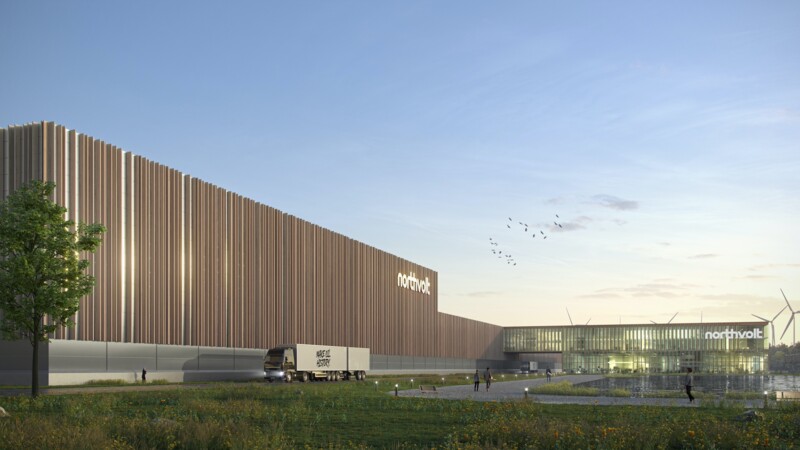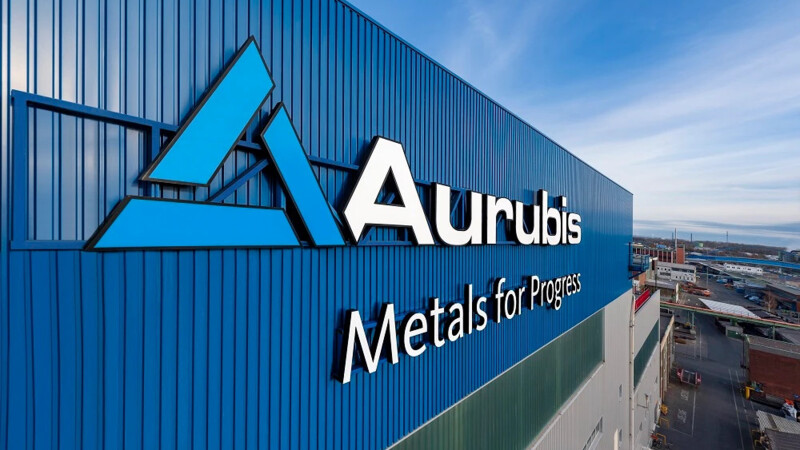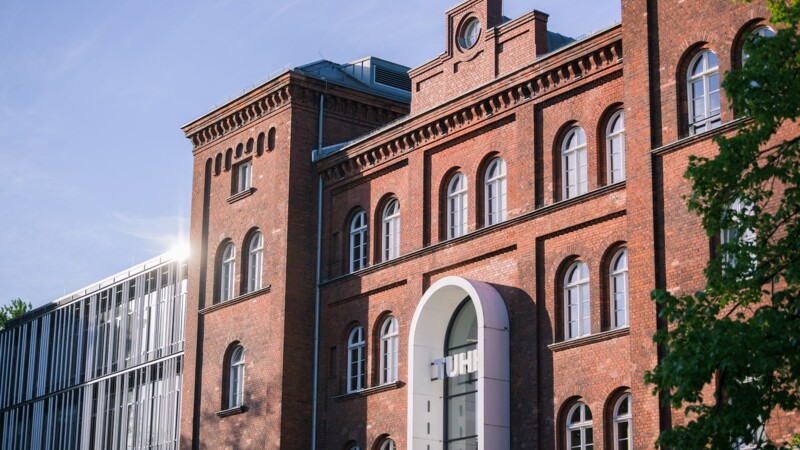"The funding is a catalyst for our investment because it enables us to work with the TUHH, which is providing scientific support for Ecobat," said Eike Higgen, Head of Weiss Technik's branch in Hamburg. The manufacturer of environmental simulation systems is investing EUR 1 million to reduce the energy consumption of battery production. That requires extremely dry conditions, as even a small amount of humidity can have a negative impact on the performance and life of lithium-ion batteries. "We will now work with TUHH on building a demonstration and research facility on our site," added Higgen. A high-temperature heat pump will efficiently dehumidify the air.
The Hamburg University of Technology (TUHH) and Weiss Technik have launched the joint research project "EcoBat" for sustainable battery production, which could slash energy consumption by up to 77 per cent, a feasibility study has found, This production method could cut CO2 emissions by around 106,000 tonnes per annum. The technology is expected to be market ready by 2027 and will receive EUR 579,000 in funds from the Hamburgische Investitions- und Förderbank (IFB) Hamburg, a press release said Tuesday (November 5, 2024). Lithium-ion batteries are essential for the energy transition and e-mobility, but their production is very energy-intensive.
Sustainable battery production with heat pump
Advancing innovative battery technology
The collaboration demonstrates how academia and industry can work together to advance sustainable battery production. TUHH's results can benefit research and the global industry, and IFB Hamburg will strengthen Hamburg as a centre of advanced battery production. The feasibility study, completed with the help of the Green Potential Screening initiative, will be funded until 2027 as part of the PROFI Environmental Transfer scheme to establish "Ecobat" as an energy-efficient solution for gigafactories.
fw/pb
Sources and further information
More
Similar articles



